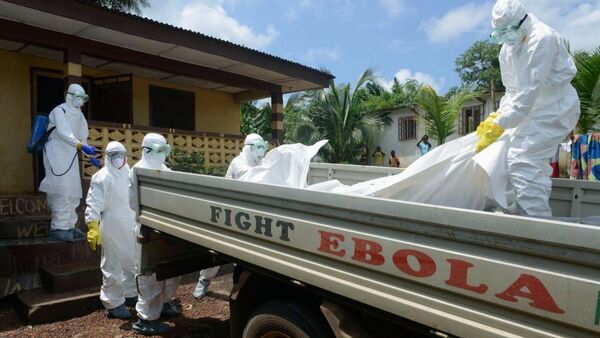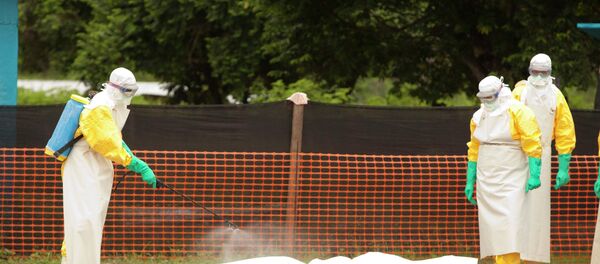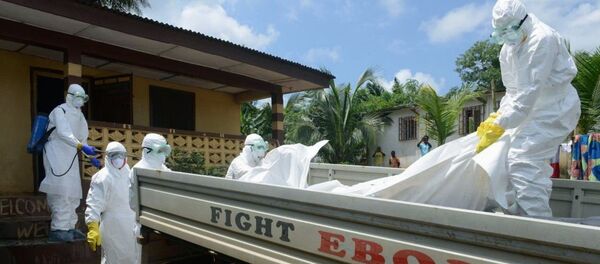"It not only gives patients a better chance of survival, but it prevents transmission of the virus to other people. This pilot study is particularly promising because researchers have considered how to make the test suitable for use in remote field hospitals, where resources — such as electricity and cold storage — are often in short supply," said Dr.Val Snewin, the international activities manager at Wellcome Trust, a charity sponsoring test trials in Guinea, as cited by the BBC.
The compact solar-powered laboratory, which is no bigger than a standard laptop computer, will provide a diagnosis almost six times faster than Ebola tests currently in use. Due to its design, the test "can be easily transported to remote areas affected by Ebola" the Independent points out.
Led by scientists from the Pasteur Institute in Dakar, Senegal, the trial will be conducted in Conakry, Guinea, in an Ebola treatment center.
This is the sixth health research project sponsored by the Wellcome Trust and the UK Government's Department for International Development "in a £6.5 million [$10,16 million] Research for Health in Humanitarian Crises program," the Independent notes.
According to the Centres for Disease Control and Prevention (CDC) data, there are 5,674 Ebola victims who have died from the deadly disease, with 1,260 of the deaths occurring in Guinea. Sierra Leone and Liberia, two other West African states, are among the worst hit by Ebola. In total, about 15,000 people have been infected with the virus.
"Funding this groundbreaking research will develop new ways of diagnosing suspected cases even more quickly and stop more people suffering from this deadly virus," said Justine Greening, the UK's International Development Secretary, as quoted by the BBC.





